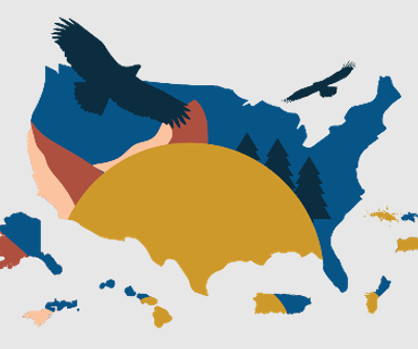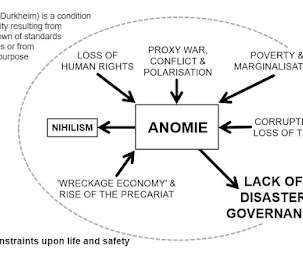A Resilience Charter
Emergency Planning
MARCH 23, 2022
The purpose of this charter is to specify the responsibilities of the state and citizens in the field of resilience against disasters, crises and major public emergencies and incidents. The future of humanity will involve very significant challenges in order to create and maintain resilience. Preamble 1.1 Working definitions 2.1













Let's personalize your content